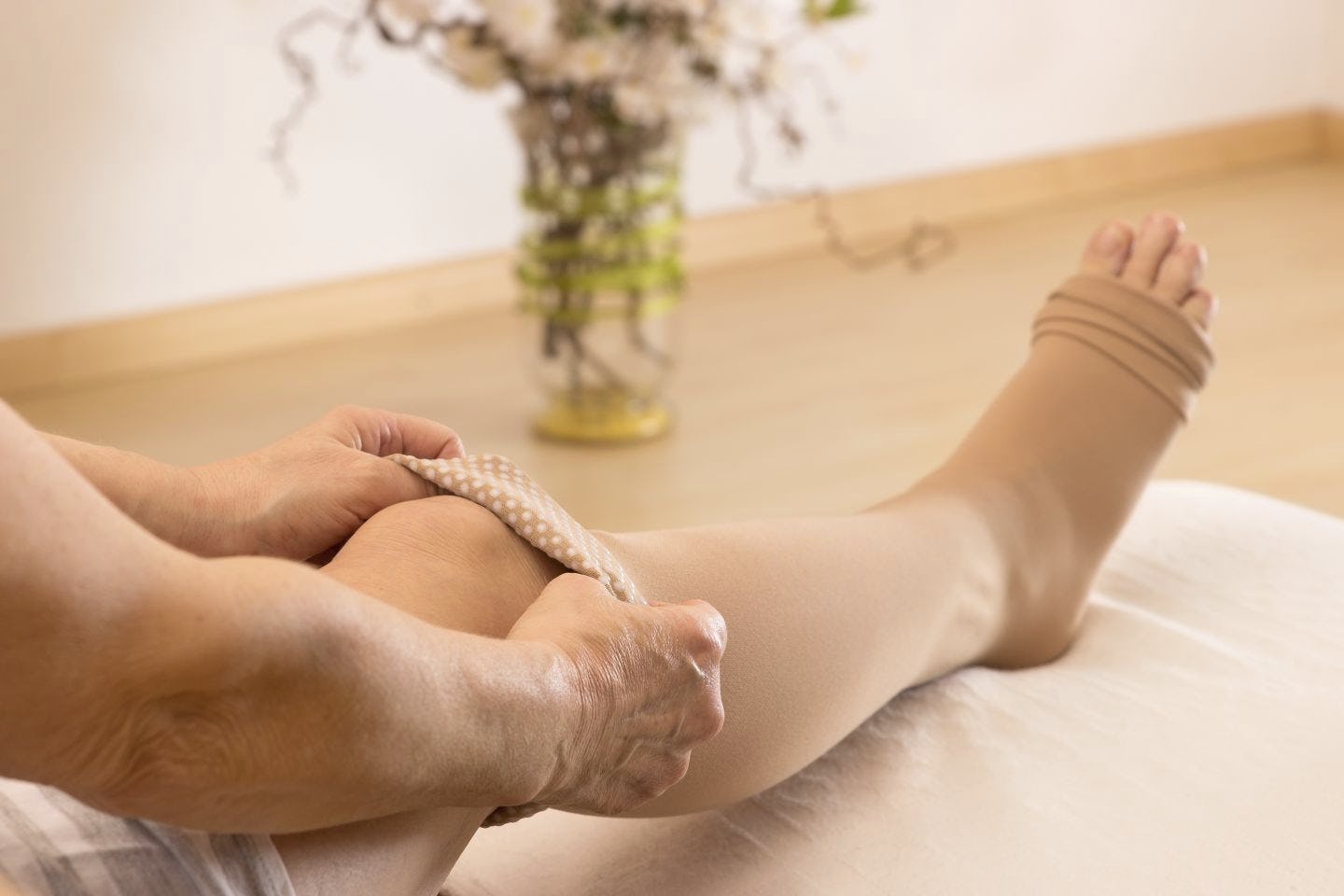Lymphedema Management: Your Guide to Living Better
What is Lymphedema?
Lymphedema is a chronic condition characterized by the swelling of certain parts of the body, typically the arms or legs. This occurs when the lymphatic system, responsible for draining excess fluids, is compromised. The result is a buildup of lymph fluid, leading to swelling and discomfort.
Who Does Lymphedema Affect?
While lymphedema can affect individuals of any age, it is more commonly observed in middle-aged and senior populations. Risk factors include undergoing cancer treatments that affect the lymph nodes, chronic venous insufficiency, and certain genetic predispositions.
How is Lymphedema Managed?
Managing lymphedema involves a multi-faceted approach:
- Compression Therapy: Wearing compression garments helps to reduce swelling by promoting fluid drainage.
- Manual Lymph Drainage: A specialized form of massage that encourages the flow of lymph fluid.
- Exercise: Specific exercises can improve lymph drainage and overall well-being.
- Skin Care: Proper hygiene can prevent infections, a common complication of lymphedema.
The Role of Physical Therapy in Lymphedema Management
Physical therapists are experts in movement and function. They play a crucial role in managing lymphedema by assisting with the drainage of excess lymphatic fluid from the upper extremities (arms, forearms, and hands) or lower extremities (feet, legs, and thighs). Here are some of the treatment techniques a lymphedema specialist uses:
- Custom Exercise Plans: Tailoring exercises that are both safe and effective for lymphedema patients.
- Education on Self-Care: Teaching techniques for self-manual lymph drainage and skin care.
- Bandaging: The application of multi-layered bandages and compression garmets.
- Monitoring Progress: Regular assessments to adapt the treatment plan as needed.
Why Choose Physical Therapy for Lymphedema Management?
Physical therapy is often the best first choice for managing lymphedema. It offers a non-invasive, drug-free approach to improving your quality of life. A physical therapist can provide you with the tools and knowledge to manage your condition effectively, reducing the need for medications or more invasive treatments.
Take the Next Step: Consult a Physical Therapist Today
Don’t let lymphedema control your life. Take the first step towards better health by consulting a physical therapist specializing in lymphedema management. They can provide you with a personalized treatment plan to help you live a more comfortable and active life.
